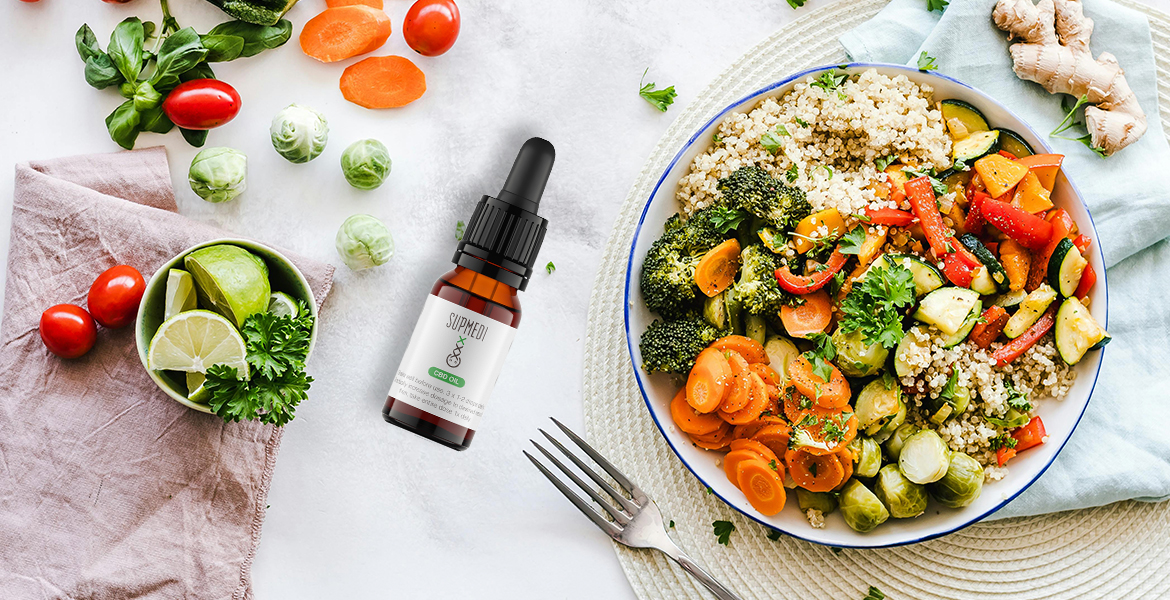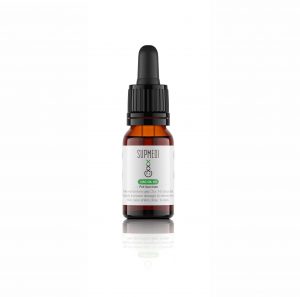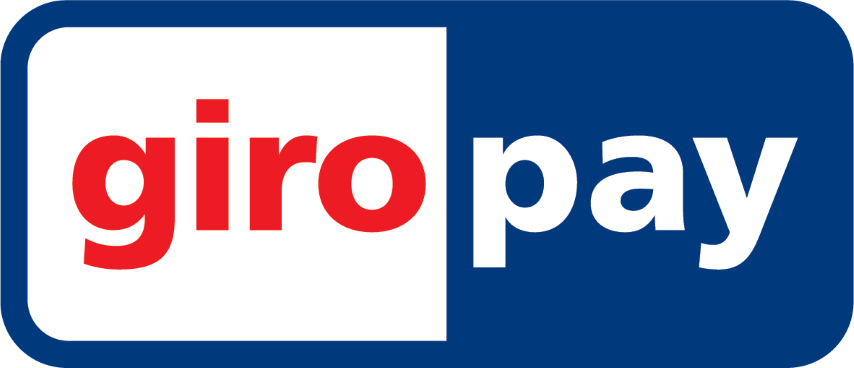
Nutrition and Type 1 Diabetes
19 September 2024If you have type 1 diabetes, paying attention to your diet is crucial, and CBD can provide valuable support. A healthy diet can help maintain balanced blood glucose levels. In this blog, you’ll learn more about the link between nutrition and diabetes and the potential benefits of CBD oil.
The Impact of Nutrition on Diabetes
Healthy eating is important for everyone, but when you have diabetes, it becomes even more critical. What you eat can affect your blood sugar levels, and it’s essential to keep them well-regulated. It’s not necessary to follow a specific diet, though it can help reduce certain symptoms. However, eating healthily is key, but the question is, what exactly is healthy eating?
The “Five Food Groups” are often used as a guideline for healthy eating. This can serve as a starting point. By eating according to these guidelines, you ensure adequate intake of proteins, fibers, vitamins, and minerals. But what about carbohydrates? You also get an average amount of those, and carbohydrates are something to be mindful of if you have diabetes.
Additionally, food can play a role in managing inflammation in the body. Diabetes is associated with chronic inflammation. Therefore, it can be beneficial to choose foods with anti-inflammatory properties. Below, we explain how nutrition can help manage the symptoms of type 1 diabetes.

Pay Attention to Carbohydrates
Carbohydrates are a vital energy source, but they do affect blood sugar levels. With type 1 diabetes, it’s essential to regulate these levels properly, so paying attention to your food intake is crucial. You’ll always need to balance the amount of insulin with the carbohydrates you consume.
There are fast and slow carbohydrates. The body takes longer to process slow carbs (found in whole grains and legumes), so it takes more time for glucose to enter the bloodstream. Fast carbs, such as those in candy, cookies, and soda, are absorbed much quicker.
For people with type 1 diabetes, a lower carbohydrate diet can positively affect blood glucose levels. Even a small reduction can help. Typically, 40 to 70% of a diet consists of carbohydrates. A low-carb diet means deriving less than 40% of your energy from carbohydrates. Try eating less bread, cutting out cookies and candy, and avoiding fruit juice. See how this impacts how you feel.
The Anti-Inflammatory Diet
Food can also affect existing inflammation or help prevent it. Since inflammation plays a role in type 1 diabetes, an anti-inflammatory diet can have a positive effect on the symptoms. Examples of such diets include the Mediterranean diet and the DASH diet.
Certain foods have strong anti-inflammatory and antioxidant properties. If you follow the Mediterranean diet, you’ll consume a lot of such foods. This diet focuses on fresh, homemade, and mainly natural products. It’s rich in fiber and essential minerals.
Fresh fruits, vegetables, legumes, nuts, and whole grains are staples. You also eat less or no red meat, opting for white meat and plenty of fish. Unrefined olive oil is commonly used for cooking. Additionally, this diet emphasizes legumes such as lentils, beans, and chickpeas.
The DASH diet (Dietary Approaches to Stop Hypertension) is designed to prevent or reduce high blood pressure but is also often recommended for diabetes. The DASH diet includes more unsaturated fats, fruits, vegetables, dietary fibers, and legumes while reducing salt intake. But what role can CBD play when it comes to nutrition and type 1 diabetes?

The Connection Between Nutrition, Type 1 Diabetes, and CBD
CBD oil is a popular supplement known for its anti-inflammatory, pain-relieving, and calming effects. It may offer benefits for diabetes management due to these properties. Additionally, food can enhance and support the effects of CBD.
For instance, taking CBD with fatty foods can be beneficial. When you take CBD, some of the active compounds may be lost during digestion. However, consuming CBD with fats creates small bubbles around the CBD molecules, acting as a protective shield so fewer compounds are lost during digestion. This allows more CBD to be absorbed.
Combining CBD with chocolate is also a great idea. Some compounds in cocoa, such as anandamide and N-linoleoyl ethanolamine, have effects similar to cannabinoids like CBD. Another compound, theobromine, can stimulate the production of anandamide, which CBD also promotes. Therefore, the compounds in chocolate can enhance and support CBD’s effects.
Additionally, certain herbs, fresh vegetables, fruits, and spices can be effectively paired with CBD. These contain terpenes and flavonoids, which synergize with CBD. This phenomenon is known as the entourage effect, where the combination of compounds works better together than individually. Combining CBD with healthy foods is a great idea if you have type 1 diabetes.








